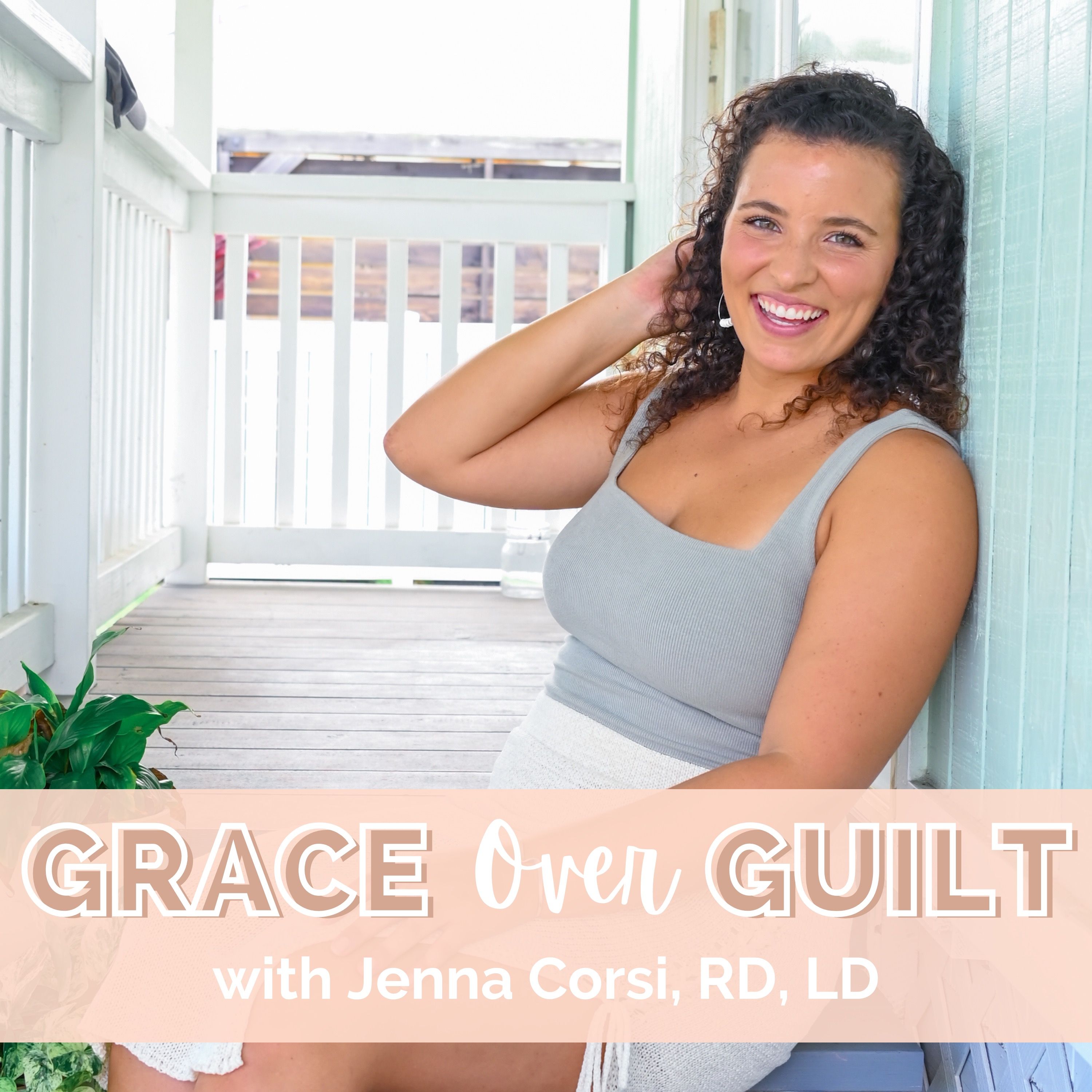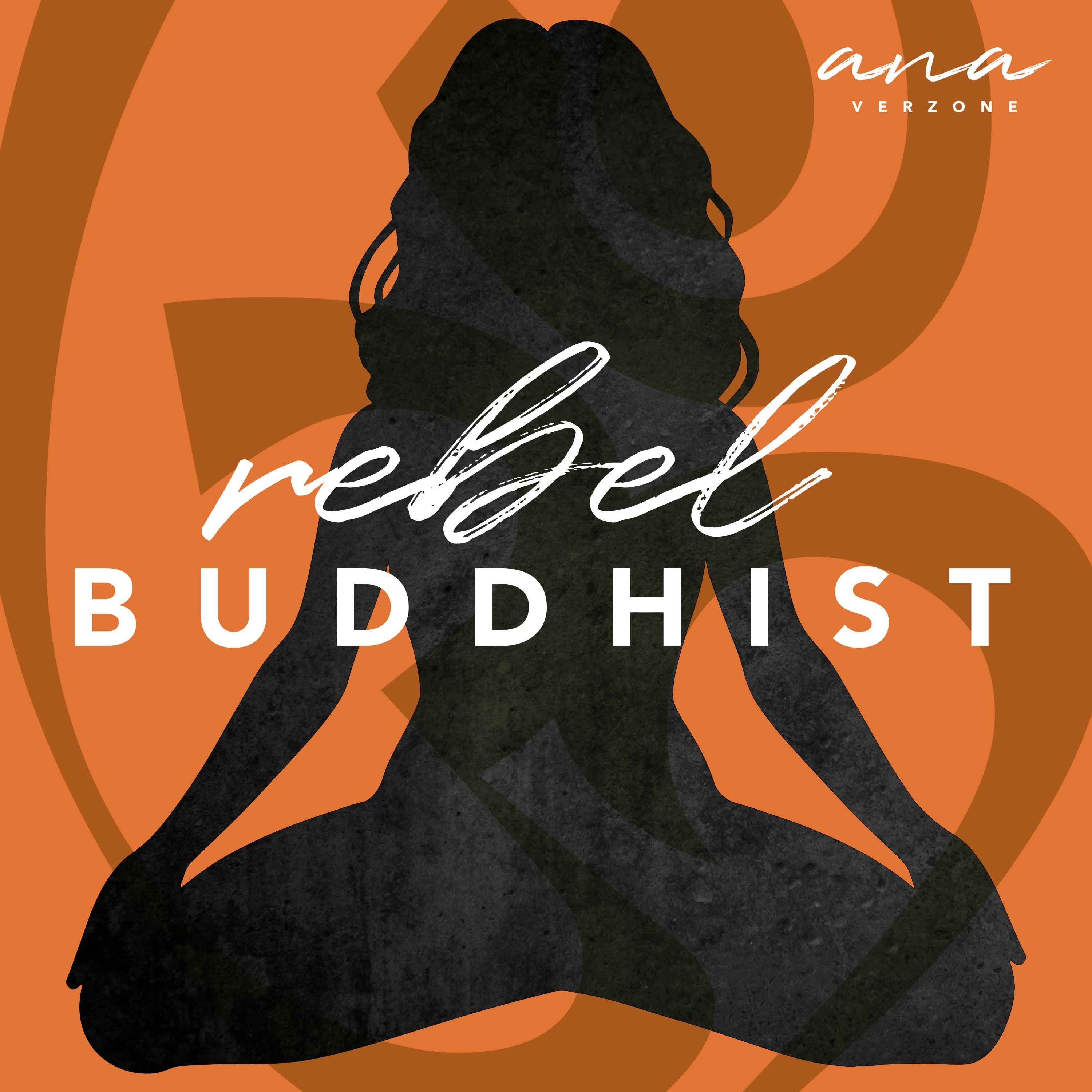- After-Shows
- Alternative
- Animals
- Animation
- Arts
- Astronomy
- Automotive
- Aviation
- Baseball
- Basketball
- Beauty
- Books
- Buddhism
- Business
- Careers
- Chemistry
- Christianity
- Climate
- Comedy
- Commentary
- Courses
- Crafts
- Cricket
- Cryptocurrency
- Culture
- Daily
- Design
- Documentary
- Drama
- Earth
- Education
- Entertainment
- Entrepreneurship
- Family
- Fantasy
- Fashion
- Fiction
- Film
- Fitness
- Food
- Football
- Games
- Garden
- Golf
- Government
- Health
- Hinduism
- History
- Hobbies
- Hockey
- Home
- How-To
- Improv
- Interviews
- Investing
- Islam
- Journals
- Judaism
- Kids
- Language
- Learning
- Leisure
- Life
- Management
- Manga
- Marketing
- Mathematics
- Medicine
- Mental
- Music
- Natural
- Nature
- News
- Non-Profit
- Nutrition
- Parenting
- Performing
- Personal
- Pets
- Philosophy
- Physics
- Places
- Politics
- Relationships
- Religion
- Reviews
- Role-Playing
- Rugby
- Running
- Science
- Self-Improvement
- Sexuality
- Soccer
- Social
- Society
- Spirituality
- Sports
- Stand-Up
- Stories
- Swimming
- TV
- Tabletop
- Technology
- Tennis
- Travel
- True Crime
- Episode-Games
- Visual
- Volleyball
- Weather
- Wilderness
- Wrestling
- Other
The Myth of Normal
With mental health, we often create a separation between those that are “sick” and those that are “normal.” But I’ve found that the reality is we’re all on a continuum of mental and emotional wellbeing at any given moment. Whether we develop challenges and imbalances and how well we do when we experience them is also largely dependent on our environemnt, made up of culture, socioeconomic factors, family dynamics, diet, and more. I remember an incidence when I was volunteering as a nurse practitioner and nurse midwife at a refugee camp on the border of Rwanda and the DRC - the Congo - in Kisoro, Uganda. A woman walked in through the front doors into the waiting room and started getting into everyone’s face telling them stories, asking questions, walking into exam rooms and picking up stethoscopes and interrupting exams… and then she went back out to the waiting room, popped a squat, and peed in the corner! it was clear she was having a psychotic episode. I was watching this wondering, wait, what’s happening? And what are we supposed to do? Aren’t we supposed to do something? Are we supposed to talk to someone, or call someone? But what I noticed was most people smiled and found her amusing. Some patients waiting twere a little annoyed, of course, but most engaged with her or just chuckled. Someone cleaned up her pee. I spoke with my interpreter and she explained that she is a local villager who comes in every now and then and does that. She causes no harm and just stays for a few minutes but eventually leaves (and doesn’t usually pee;). I thought, holy shit! If that was in the US, someone would have called the cops and she’d have been arrested and probaly experience a very stressful process of being handcuffed and dragged away and put into a jail and whatnot. Later, I heard Gabor Mate say that “the best place to have schizophrenia isn’t North America with all its meds. It’s a village in Africa or India” where there’s acceptance; where people make room for your quirks; where conneciton isn’t broken but maintained, where one isn’t not excluded or ostracized but wher you're welcomed, and where there’s room for you to act out or express what you need to.” Exactly. Disease isn’t an isolated instance. It’s a culturally constructed paradigm. Those of us who live in a materialistic society, in a culture that cuts us off from our spirituality and connection by ignoring emotional and social needs and idealizing individualism, materialism and consumerism and distancing from nature are set up for pathology. What we value in modern industrialized society isn’t who people are, but what people produce or consume. Those who don’t do either are pushed to the side and devalued, like our elders. In a healthier society where we aren’t walking around in a myth of normal, people are more likely to make room for our differences; where we aren’t excluded, but welcomed in. Symptoms of different diagnoses - depression, anxiety, etc. - can be present in all of us at certain times in different degrees. A continuum. Often, there is too much focus on treating the symptoms rather than the underlying root causes. When we do this, we tend to worsen the illness over time because we’re not addressing the root cause, which persists and causes more suffering. A lot of people receive these official diagnoses when sick enough to seek out help. But many of us live with these symptoms sans a diagnosis, day to day, some days worse than others. But we don’t need to receive an official diagnosis before starting to address some of the essential root causes. When we can own and see the common humanity of this suffering, we can stop saying, oh whew! I’m glad I don’t have that disease











